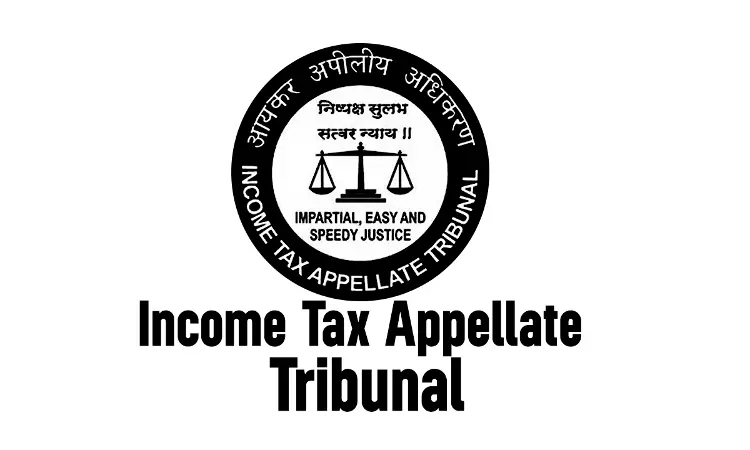ITAT Allows Section 54F Deduction On Construction Of The New Dwelling/Residential Unit
Mariya Paliwala
13 Aug 2024 10:25 AM IST

Next Story
13 Aug 2024 10:25 AM IST
The Chennai Bench of Income Tax Appellate Tribunal (ITAT) has allowed the deduction under Section 54F of the Income Tax Act on construction of the new dwelling/residential unit.The bench of Aby T. Varkey (Judicial Member) and Amitabh Shukla (Accountant Member) has observed that the assessee had discharged the burden to prove construction of a residential house/dwelling unit (first floor...
